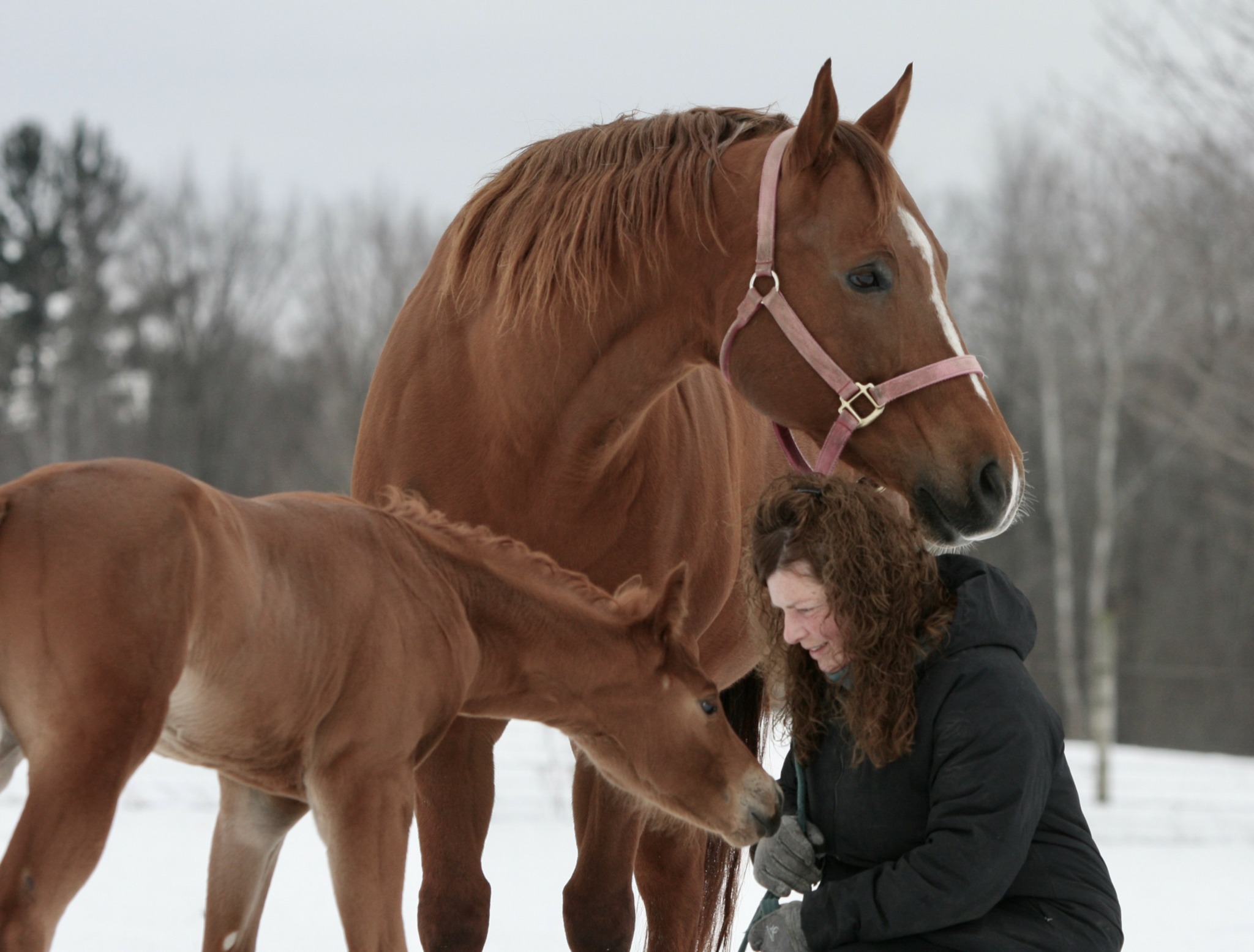We caught up with the brilliant and insightful Theresa Rorabaugh a few weeks ago and have shared our conversation below.
Hi Theresa, thanks for joining us today. Let’s start with what makes profitability in your industry a challenge – what would you say is the biggest challenge?
One of the biggest challenges to owning a business in the animal industry is profitability. It is just an understood fact that running out of money is part of the journey. This is a career that you are successful in if you have a passion or gift to communicate & understand animals – how they think when it comes to keeping them from injuries, how they react to threatening situations, their physical needs and how that is connected to weather, stress and their environment, etc. You learn that it is more about listening to them and their needs rather than your own daily work plan. You have to be a humble person. Their needs come first. There has to be an extreme work ethic that comes passion – to go above and beyond their health & mental requiremements as well as keeping their owners happy. However, that passion can turn out to also be a negative trait as it will have you wanting to do your job whether you are getting paid enough or even for it at all.
The agricultural industry in general & the equine industry in particular has one of the lowest profit margins in any US industry. The high cost of inputs – feed, bedding, health care, labor, taxes, insurance and equipment are so significant that all it takes is a loss that is out of your control like worn out or damaged equipment, illness or injury of the owner/operator or a natural disaster like a drought, flood or tornado to completely wipe out any profits and years of work.
Success comes from trying to expertly run your business at the same time you maintain that level of passion that brought you to it. We say that in agriculture we will be doing what we love 15% of the time and 85% of the time be marketing, accounting, payroll, fixing customers’ problems, fixing fence, cleaning stalls and answering large amounts of phone calls, emails and text messages. You are your #1 employee who wears many hats and days off, vacations and sick days are rarely even a thing. When there is a winter storm or blizzard where the wind chill is -15 to -20 below and no one else can get to work – you will.
One of the largest challenges is that your business involves caring for animals who cannot care for themselves. So, if your customer doesn’t pay their board bill on time – you can’t pay yourself or the farm bills for vendors. Unfortunately, some customers take advantage of the fact that you are not going to let their animal go without feed or care. So you care for an animal out of your own pocket that isn’t even yours – much less make any profit from this care that will help support your business. One example, I have a horse in my care right now who was sold but not paid for. His original owner had a severe stroke, is currently in the hospital and cannot pay for the horse’s care. The new owner had a life circumstance happen to their family and although they still want the horse they are only able to make very small payments for now and there is a large outstanding bill for his care. This animal is also taking up a space that another income earning horse cannot go into. So we loose income in two ways – the first horse’s care that we are paying for out-of-pocket and the space he is in that another horse should be occupying. But we can’t just let him go without feed and care – and all parties involved are good people that just ended up in bad situations.
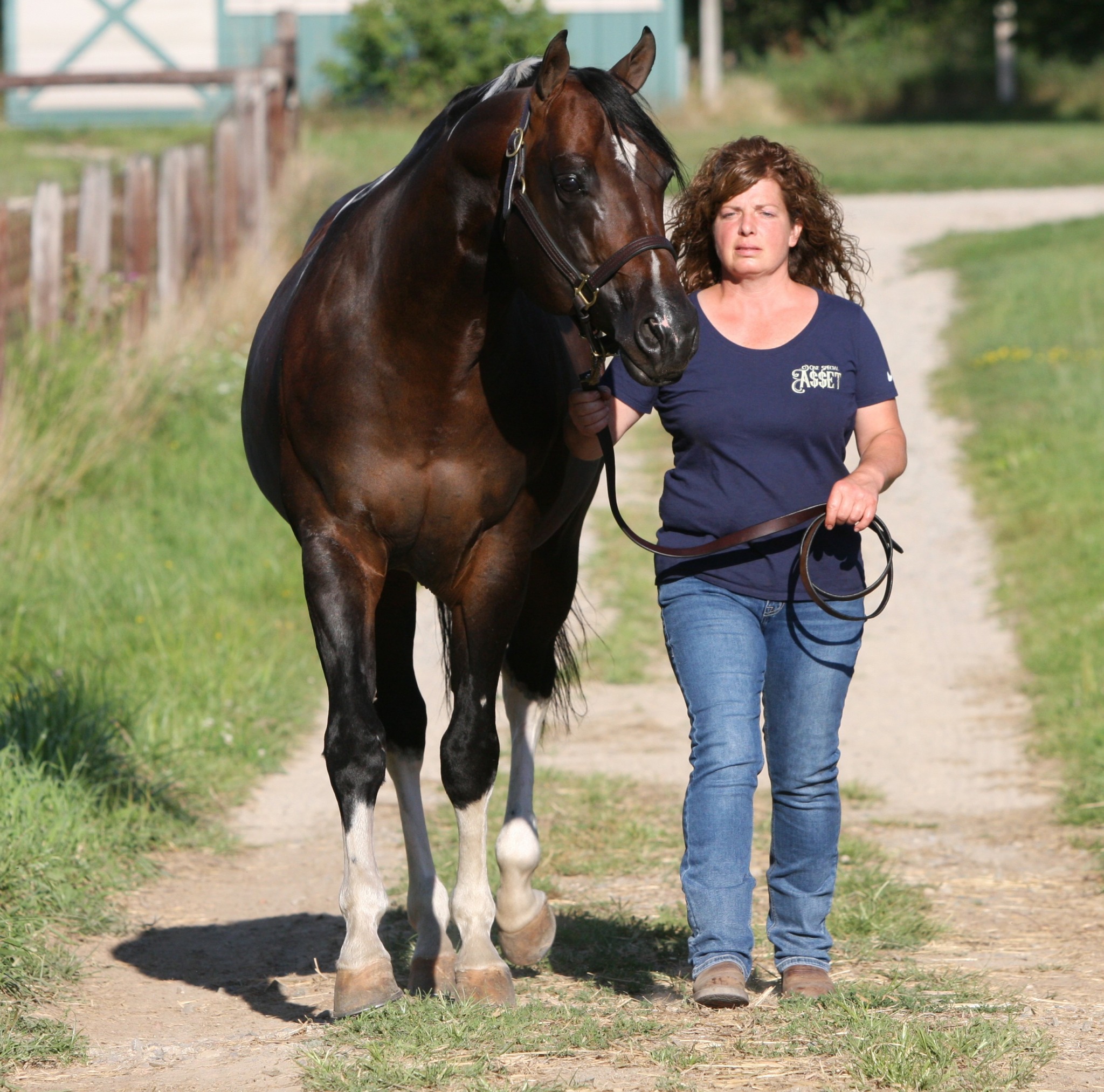
As always, we appreciate you sharing your insights and we’ve got a few more questions for you, but before we get to all of that can you take a minute to introduce yourself and give our readers some of your back background and context?
I grew up on a small cattle farm in northern Michigan that also had a few horses, chickens and an occasional goat or rabbit. I was very involved in 4-H which led me to attend Michigan State University, the only agricultural based college in MI. I started out Pre-Veterinary as it was the only career I had knowledge of that I felt I was going to be successful at. After a year at MSU, which during the time I did internships with veterinarians on the weekends and was hired as a student employee at the MSU Horse Teaching & Research Center – I found myself drawn to working with the MSU breeding herd of mares and did a multiple semester project as the breeding manager for a large group of mares that were mostly over the age of 18 (which is like a 75 year old lady having a baby!) I had the responsibilities of handling the stallions for breeding, helping with artificial insemination activies, coordinating veterinarian ultrasounds and assisting with foaling as a student as well. I then decided to pursue an BS in Animal Science with an emphasis in Equine Management. The BS degree itself can be very general so I made a path to be a marketable employee taking weekend courses at other universities that were known leaders in the equine reproduction field like Colorado State University and Ohio State University as well as an internship at a nationally known equine breeding farm that turned into my first breeding farm manager position.
Owning my own equine breeding facility was not in the plan, but after 5+ years at my first position and the soon-closing of that facility, that was the next step in my career. Over the past 25 years, a hay field and pasture land turned into Twin Creek Farms LLC. Utilizing business loans and help from family, several barns, indoor arena, paddocks, pastures and an indoor breeding room with laboratory were constructed. As a side career, I also created & developed Arabiansites.com – an international equine marketing website where people could list their horse for sale and where I was able to market 20-25 client-owned horses a year across the US and 14 foreign countries around the world. All while raising two children while my husband traveled away each week for work.
In 2018, I sold the website and URL to solely focus on my #1 passion – the breeding & foaling side of my business. We have stood 8-9 stallions per season, bred 75 mares on farm, shipped frozen or cooled stallion shipments to another 150-200 mares through the US and overseas and foaled out between 20-25 mares on farm each year.
A national magazine article once interview one of my clients and she told them that “dropping her mares off to me for breeding was like leaving her children at their grandparents”. She didn’t worry at all. I work with high risk pregnancies and mares with fertility issues – I have the patience, passion and experience to help animals succeed in pregnancy that seem to fall through a gap at other facilities or veterinary clinics. Our goal is to provide veterinary level service, in a farm environment which I feel is extremely important in our success. I believe firmly in compassionate care – having empathy or real concern for the animals we work with coupled with a desire to take action to address their needs.
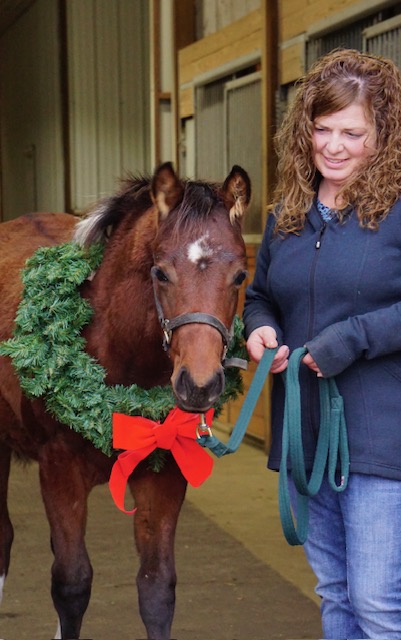
What’s worked well for you in terms of a source for new clients?
In our business, people love to talk. Horse people are known for being “experts” and always wanting to share their opinions. You don’t even have to ask! On a positive note, when you do good business and are successful in the work you are doing – your customers will tell other people. Word of mouth is the best advertising. Social media just makes this information travel faster and further. As a small business, it is the most important and the least expensive advertising that you can have.
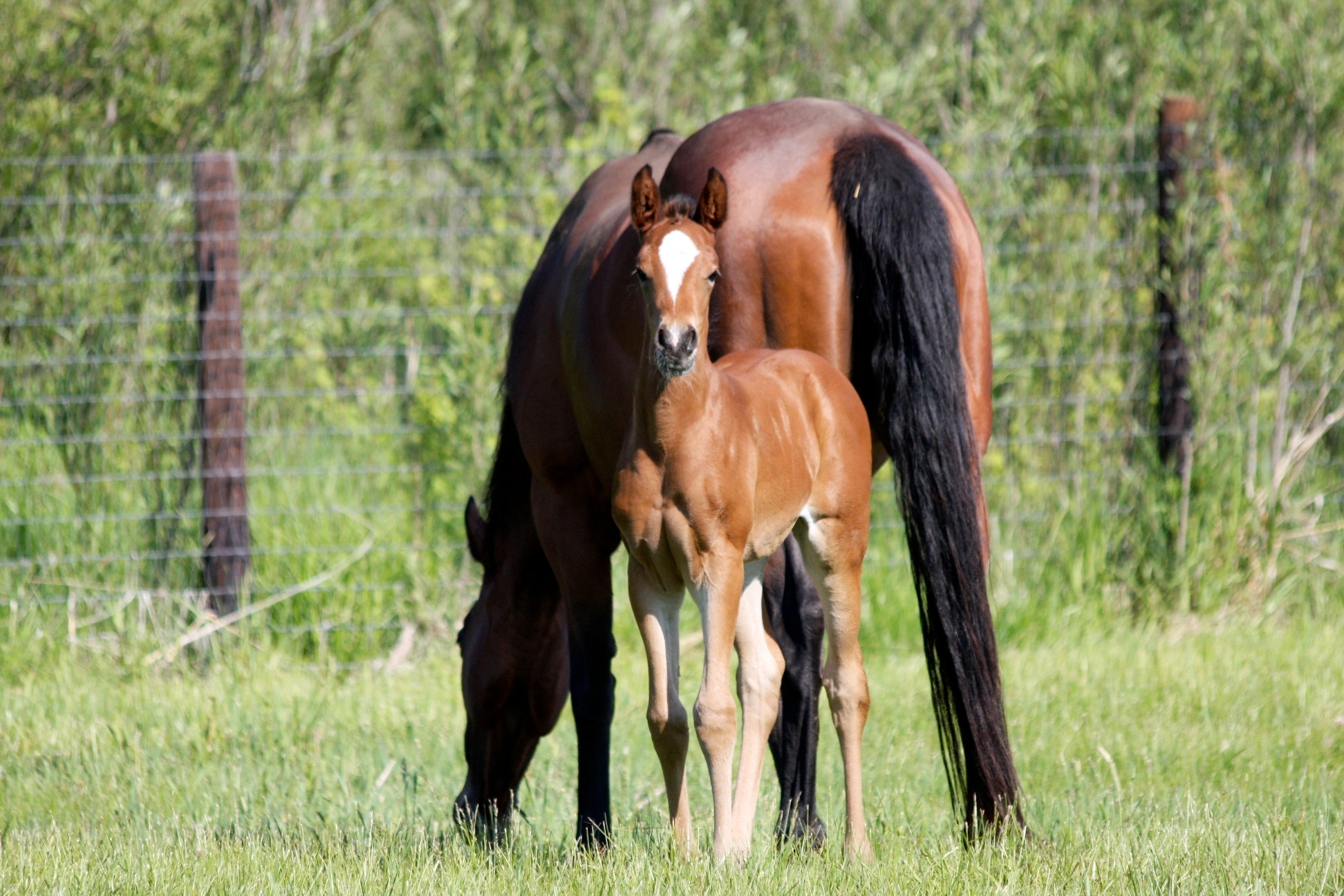
Can you tell us about a time you’ve had to pivot?
When I sold my internet business and international website, I was criticized by family members as to why would I sell a business that was making money. However, I could see what was happening to the equine marketing business – no longer did customers have to depend on a professional photographer or videographer to obtain marketing materials and design a sales horse ad. With the development of iPhones and other technology- horse owners could do this themselves and very inexpensively. This was a service I provided in my off-season to compliment my website sales business. Without this “side business” income – the website alone didn’t bring in significant income to outlay the time that it took me to custom design sale ads. The equine reproduction side of my business had more stability and longevity to earn revenue – so selling my website and URL while it still had value (and before its value declined) was extremely important.
Contact Info:
- Website: https://www.twincreekfarms.com
- Facebook: https://www.facebook.com/twincreekfarmsllc
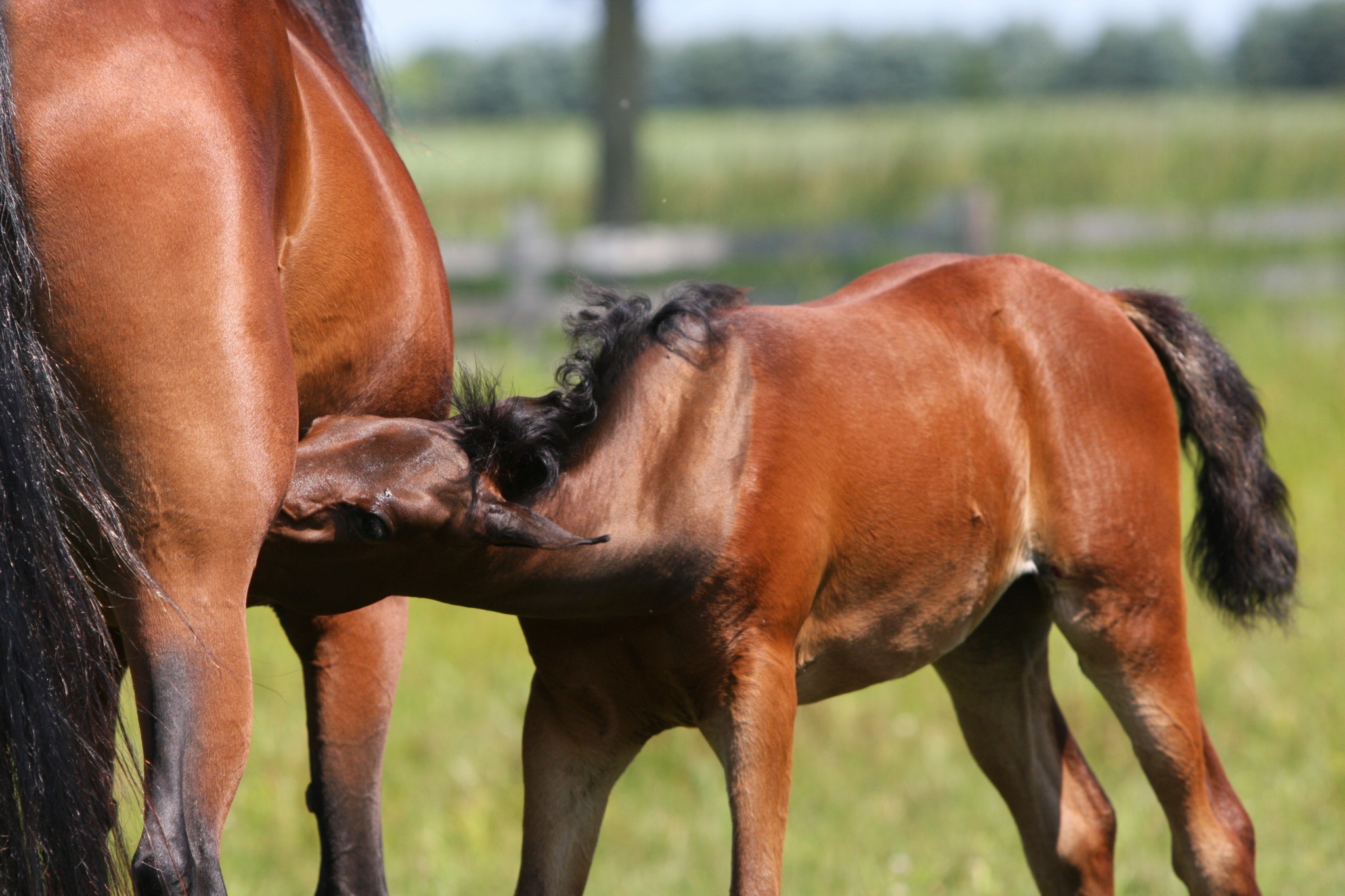
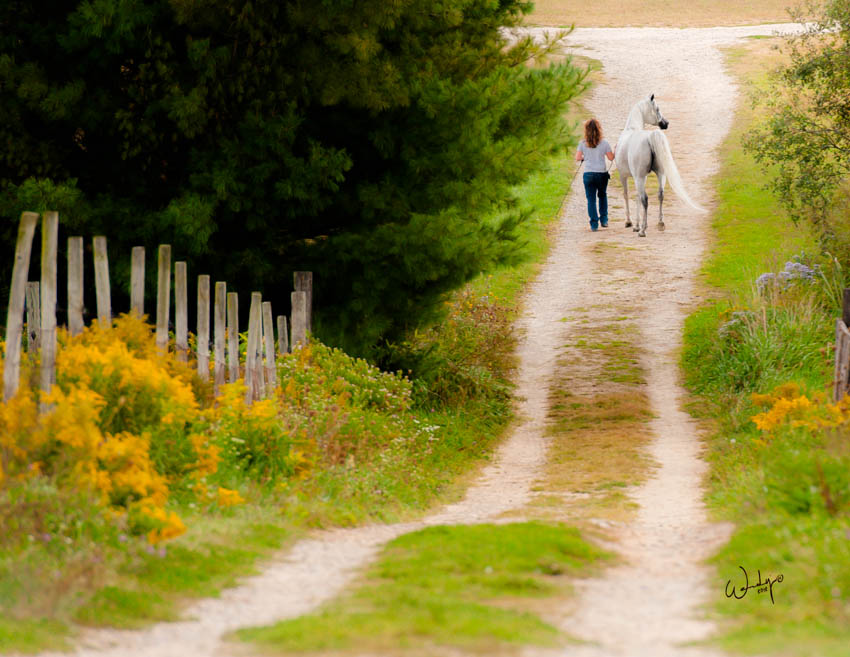
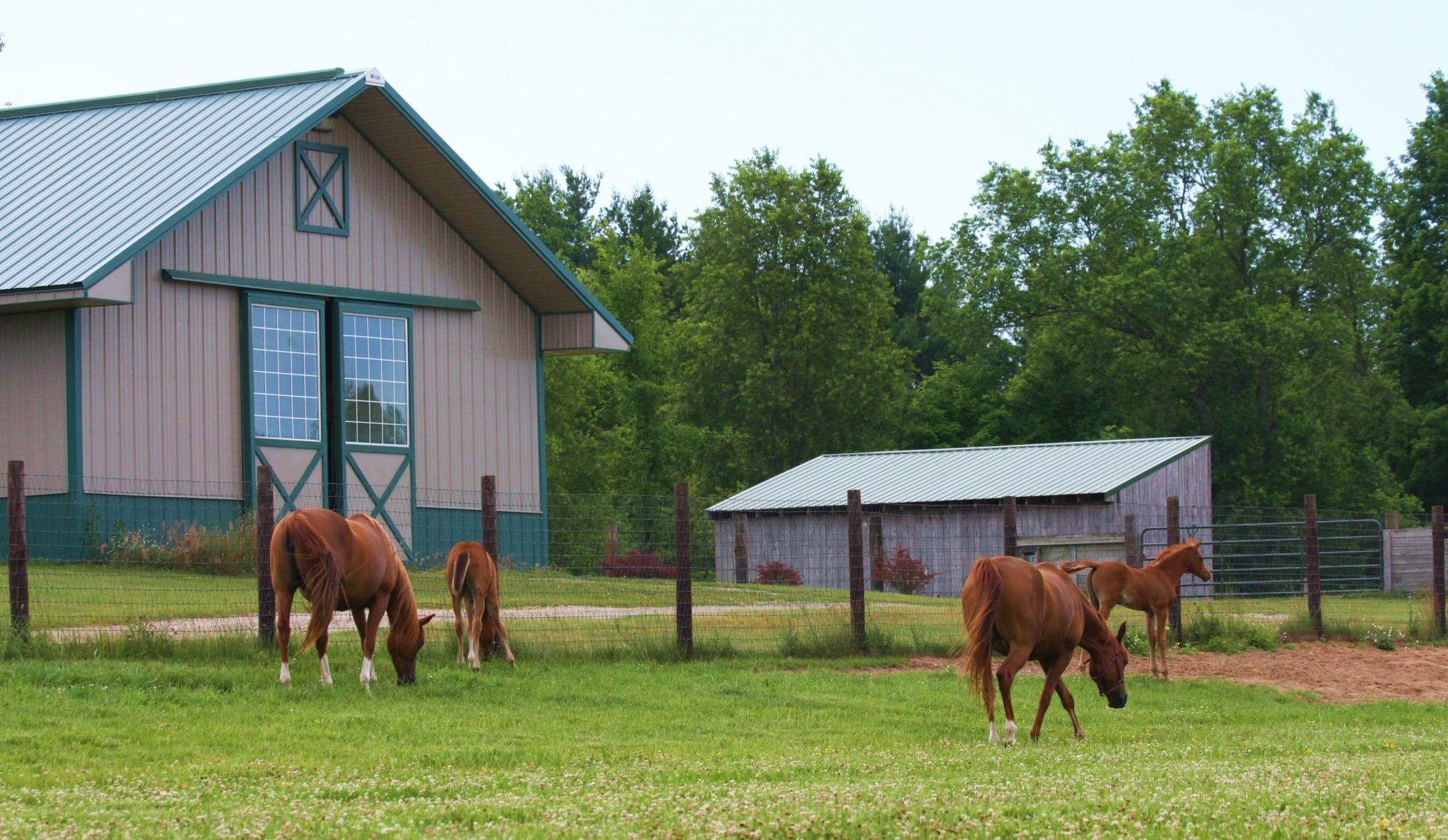
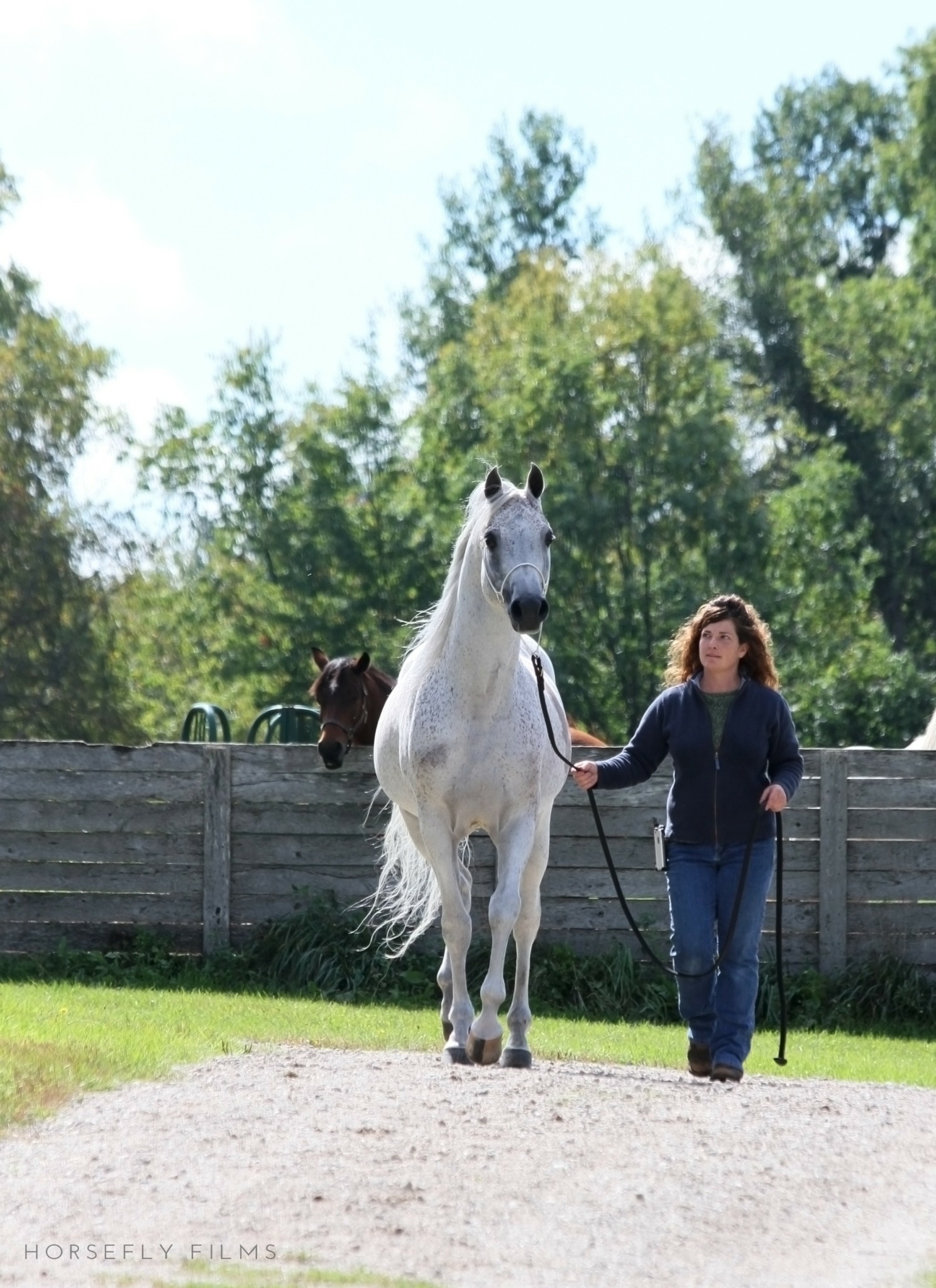
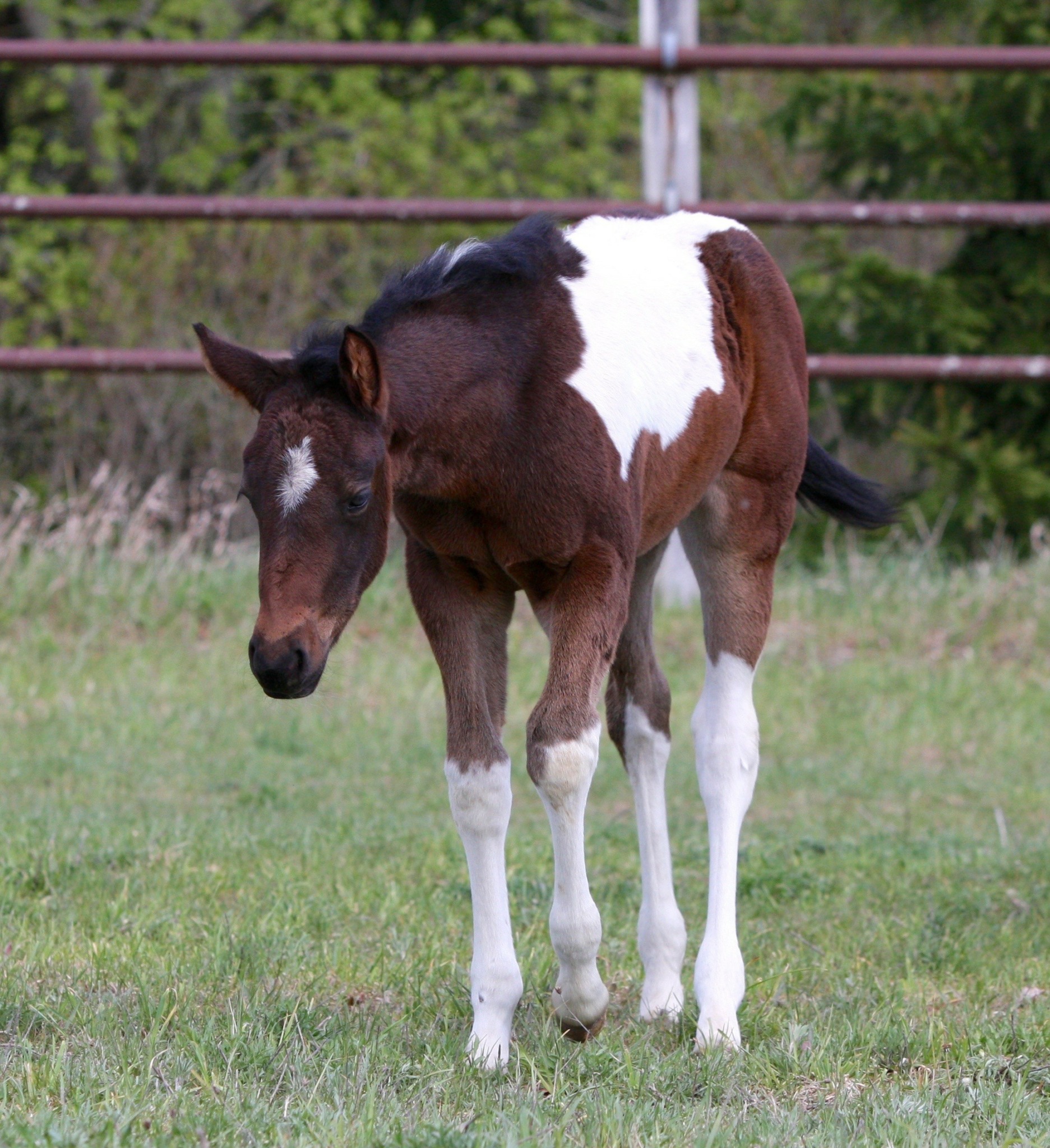
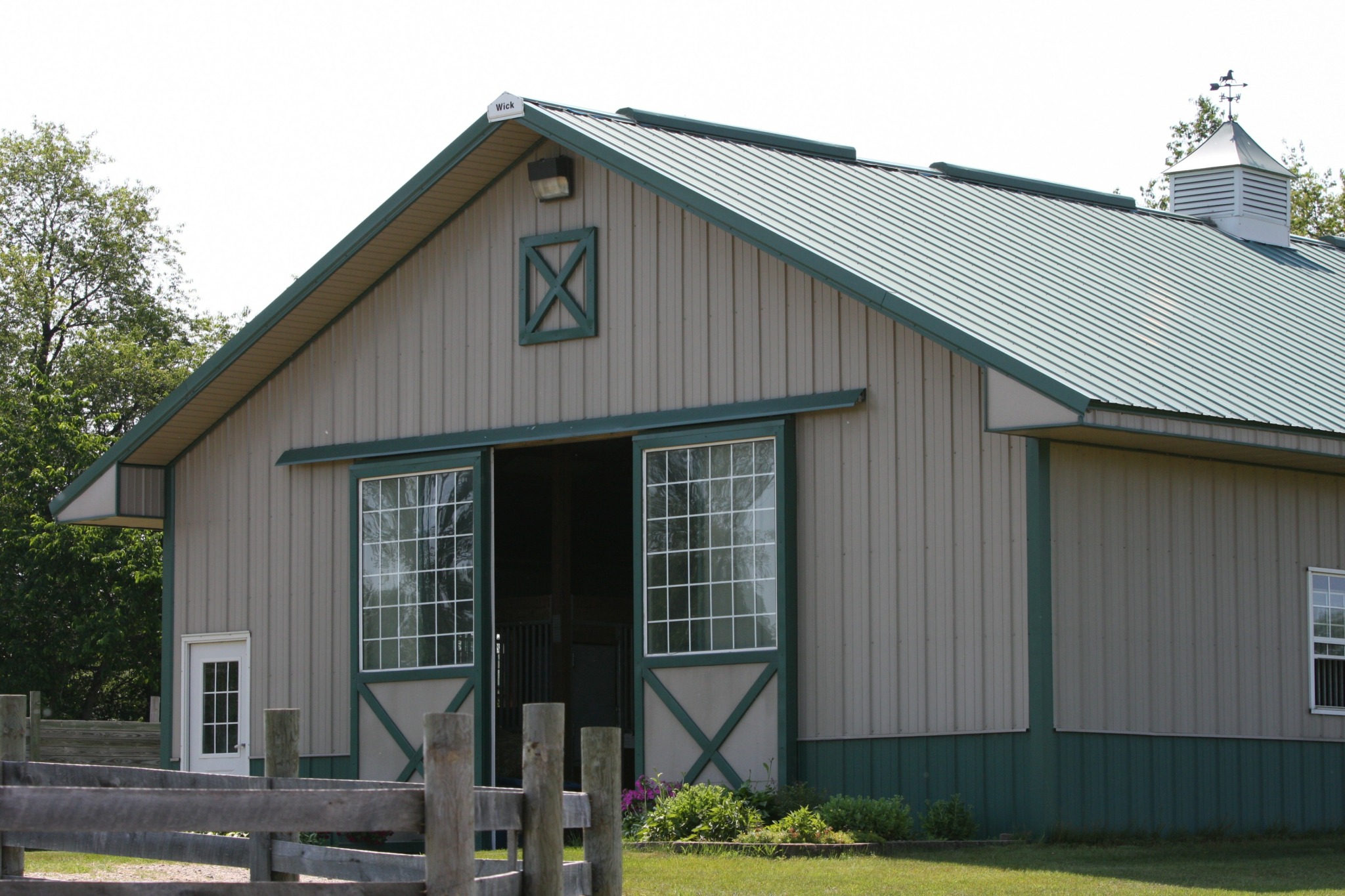
Image Credits
photo credits to Matalyn Rorabaugh


